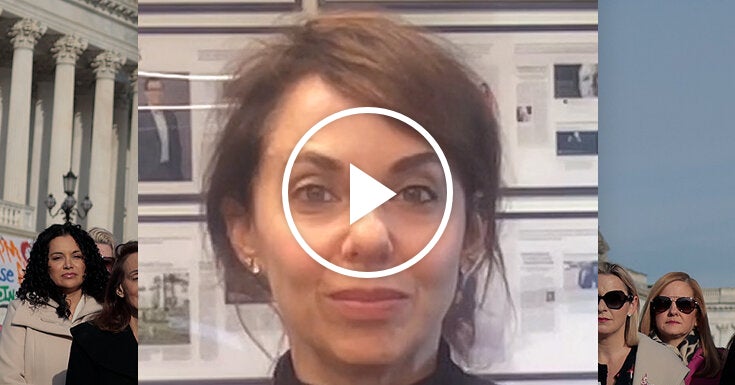Decades of secularisation and declining congregations mean that modern Anglican leaders no longer command the kind of influence once enjoyed by a William Temple, or a Geoffrey Fisher. More recently, the abuse scandals that led to the resignation of Justin Welby last year have also gravely diminished the authority of the established church.
Yet at a time of polarisation and disturbing social division, the Church of England still has a vital role to play. As the far right co-opts the symbols of Christianity to promote hostility and intimidation towards perceived outsiders and minorities, Britain’s faith movements have a duty to be standard-bearers for an ethos of tolerance, generosity and inclusion. In that context, the historic nomination of Dame Sarah Mullally as the first female archbishop of Canterbury should be seen as a landmark moment.
A former chief nursing officer, Dame Sarah has been a powerful advocate for the rights of women in the Anglican church, becoming the first female bishop of London in 2018. Just over three decades after the Church of England ordained the first female priests, her appointment completes a once bitterly contested journey towards equality. Within an institution that endured an annus horribilis last year, it sends a message of necessary renewal and openness to change.
On Friday, during her first address as archbishop-designate, Dame Sarah highlighted the importance of belatedly improving safeguarding structures for young people in parishes. That is an urgent task if the church’s credibility in local communities is to be restored. The rest of her in-tray will be just as challenging.
An institutional inability to fully embrace the validity of same-sex love continues to leave Anglicans out of step with the nation they seek to serve spiritually. Charged with leading fraught church discussions on sexuality, Dame Sarah was instrumental in the recent introduction of “prayers of love and faith” for same-sex couples. Those reforms have met deep resistance among traditionalists, but failed to satisfy liberals seeking full equality through the endorsement of same-sex marriage.
Across the country, sparsely populated pews, a shortage of clergy and acute financial pressures have contributed to a crisis of morale in many parishes. Meanwhile, rebellious conservatives in the worldwide Anglican communion are likely to see the appointment of a female archbishop as further grounds for rejecting spiritual leadership from Lambeth Palace.
Such entrenched divisions will be difficult to overcome. But speaking more broadly on Friday, the day after the appalling terror attack on a Manchester synagogue, Dame Sarah struck the right initial note. Referring to the need to soften the hard edges of “an age that craves certainty and tribalism”, she deplored the “hatred that rises up through fractures in our communities”. As migrants and minority ethnic groups find themselves increasingly scapegoated and targeted, that is a message that needs to resonate throughout society.
In one of her Christmas messages while bishop of London, Dame Sarah cited Emily Dickinson’s poetic vision of hope as a small bird that “perches in the soul” throughout dark times. For progressive Anglicans, the Crown Nominations Commission’s decision that she should become the 106th archbishop of Canterbury is a hope fulfilled. The rest of us should wish her well as she takes on a daunting role at a critical moment.
Do you have an opinion on the issues raised in this article? If you would like to submit a response of up to 300 words by email to be considered for publication in our letters section, please click here.


